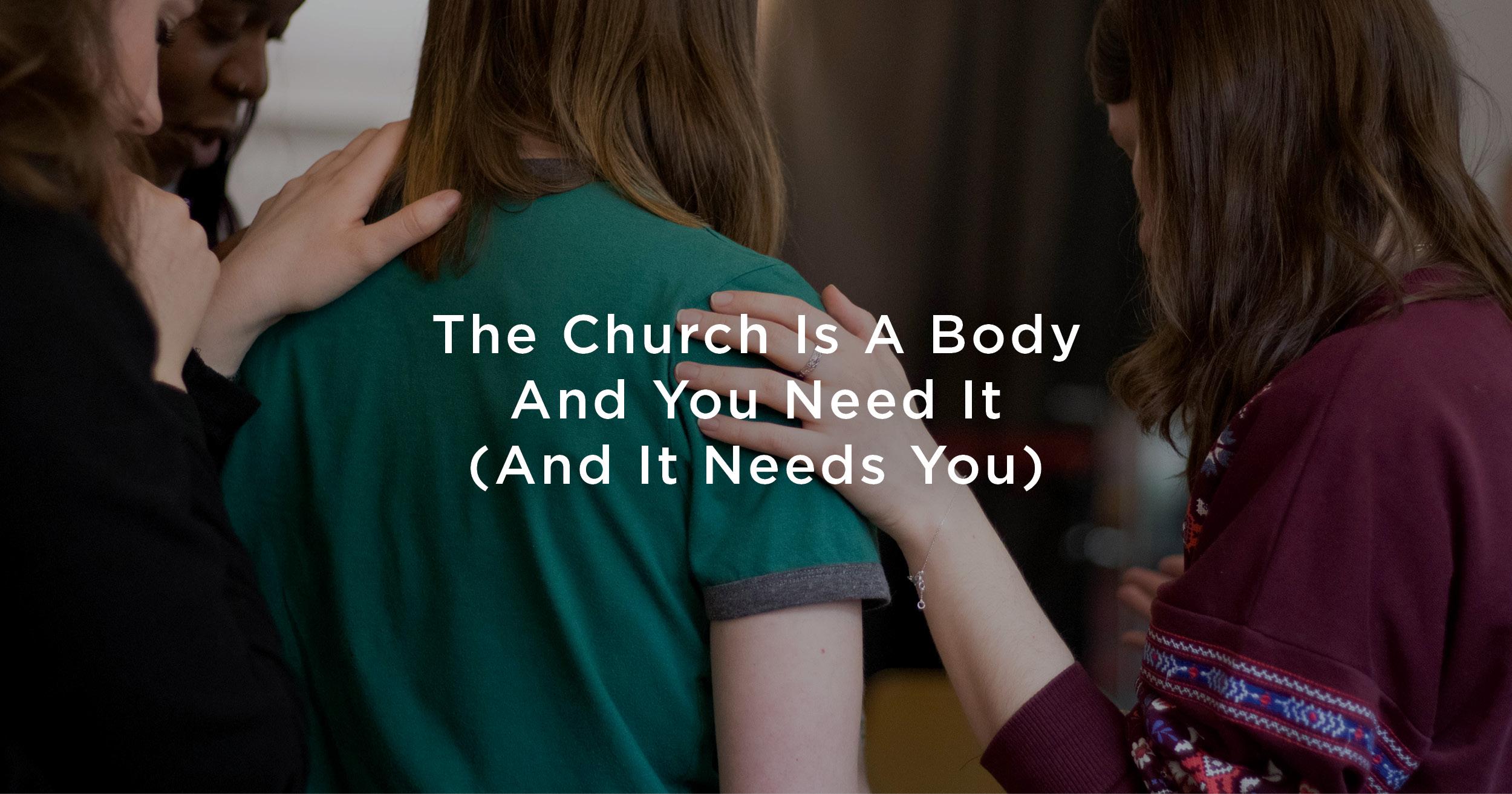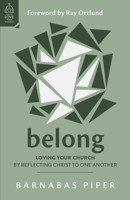
We commonly see the word “body” being used to mean a corporate gathering, a collective of people coming together for a cause or purpose, such as a “voting body.” Sometimes it is used simply to mean the majority portion of a group: “The main body of protestors marched down Main Street while a small number broke off and proceeded up First Avenue.” But when we call the church the “body of Christ” we mean much more than this.
In 1 Corinthians 12, describing the church, Paul says, “The body is one and has many members, and all the members of the body, though many, are one body, so it is with Christ. For in one Spirit we were all baptized into one body ... For the body does not consist of one member but of many” (v 12-14). When you first read this, it’s easy to think in terms of “member of an organization,” but the following verses, 15-27, make clear what Paul means. He is writing about a physical body.
This complex metaphor opens our eyes to deeper spiritual and relational realities. Paul writes about how the foot cannot feel excluded from the body because it is not a hand (v 15). It is exactly what God intended it to be, it plays its particular purpose in the life of the body, and it is essential. Then Paul writes that the eye cannot exclude the hand from the body because it has no need of it (v 21), but rather that all the parts of the body are indispensable and worthy of honor. This is an image of perfect design, with no extraneous parts, no useless parts, and no unwanted parts. All the parts of the body belong. God put together the body with intentionality, and he does the same with his church. We often “do church” in a way that leaves people feeling useless or inferior (or feeling powerful and superior). But that is not God’s intent. Every part of the body needs the others, both the greater and the lesser.
The implications of this are enormous. In a physical body if there is disunity, animosity, or infighting we call that illness, like a cancer or an autoimmune disease. If a church is marked by disunity, animosity, or infighting it is just as ill and cancerous.
If we are cut off from the church, we will spiritually shrivel up and die. We need to be reattached to the body of Christ and we need the body to accept us back. We need the life of the body, the lifeblood of fellowship in Christ and teaching in the word.
As members, we are called to honor one another, support one another, and play the part God has given us so the whole body thrives. If a body part (what the Bible calls a “member”) is cut off, it will shrivel and rot because it is separated from its life source. It must be skillfully, carefully, and gently reattached and the body must accept it back for it to heal and the body to be whole. The same is true for you and me. If we are cut off from the church, we will spiritually shrivel up and die. We need to be reattached to the body of Christ and we need the body to accept us back. We need the life of the body, the lifeblood of fellowship in Christ and teaching in the word.
Unlike the amputation of a hand or a toe or an ear, which is forcibly done by someone else, we often voluntarily amputate ourselves from the church. Sometimes Christians decide, for whatever reason, to cut themselves off. Sometimes they drift into it. In this sense we are different from a human body—for while a human body may not always work properly, it generally stays put together. A church body needs its members to deliberately and consciously stay connected, to circulate life, to support one another.
We are members of one another. How beautiful. What a high calling. And what hope, because we are in Christ.
The metaphor of the body eliminates one of our problematic human tendencies: being parasitic. The parts of a body depend on one another, mutually. Sometimes one is weaker and needs to be restored and supported by others—think of broken bones or surgically-repaired organs. But no body part is designed to suck the life and energy out of the others, to draw on the life-source without sharing in the giving of life too. We are to give as well as gain—and it’s as we give that we most gain. This is what Romans 12:5 calls being “one body in Christ, and individually members one of another.” We are members of one another. How beautiful. What a high calling. And what hope, because we are in Christ. Left to ourselves we amputate, we become cancer, we are parasites. But, made new in Christ, we belong to one another as sharers of Christ’s love and life.
This article is an extract from Belong by Barnabas Piper, part of the Love Your Church series, which also includes Serve by Steve Robinson, Welcome by Jen Oshman and Gather by Tony Merida, along with free small group kits to accompany each book.

How to build genuine, real, deep, honest and authentic Christian relationships as a community of believers.